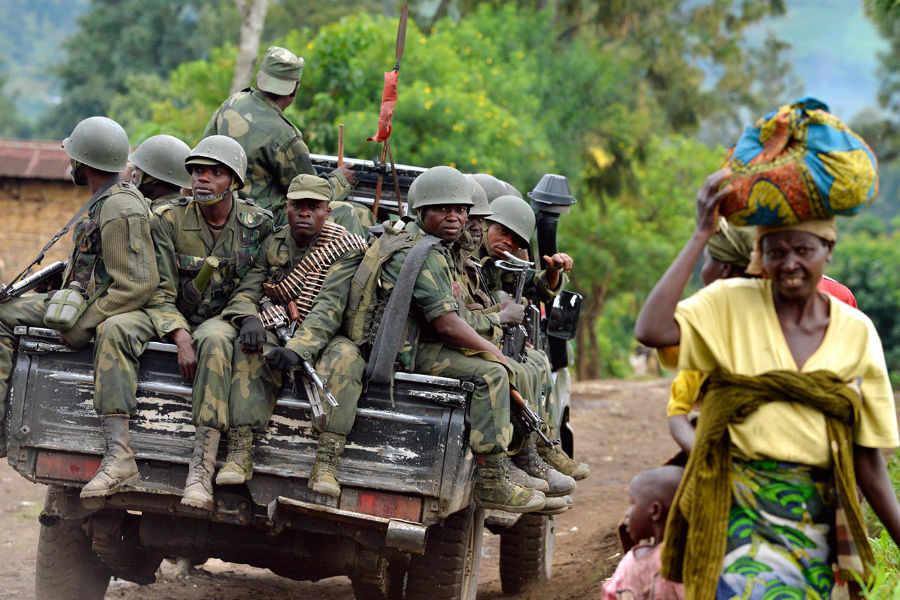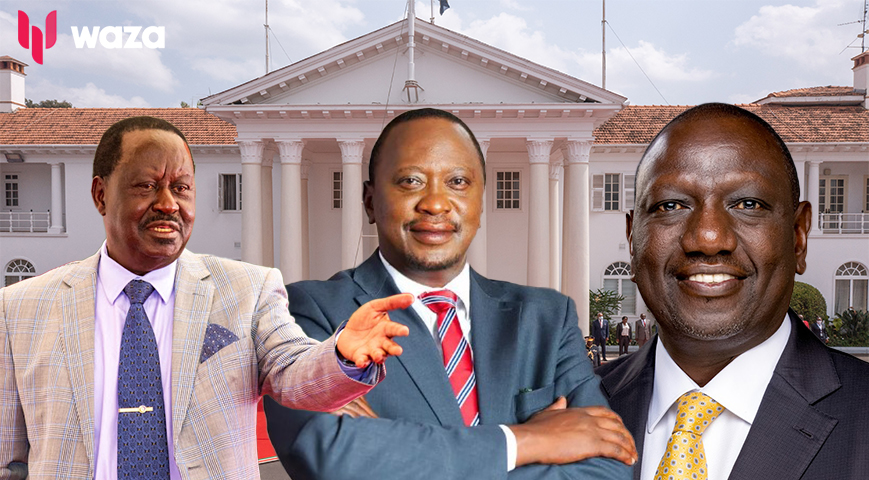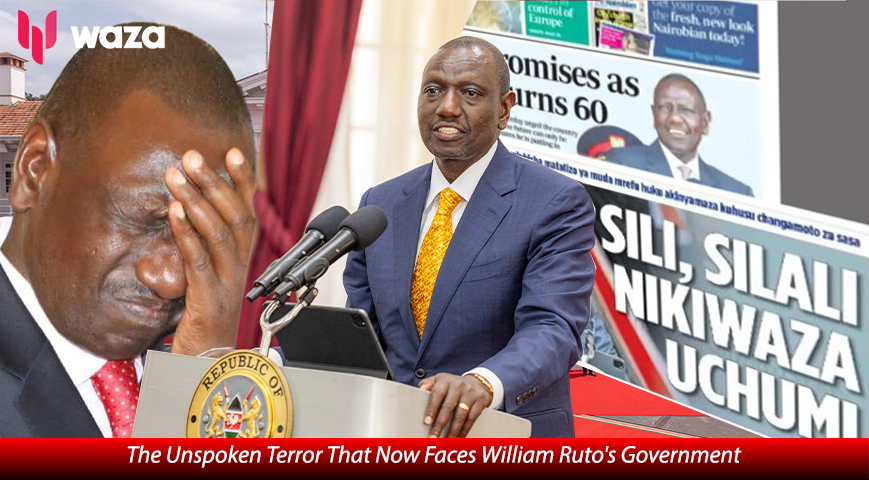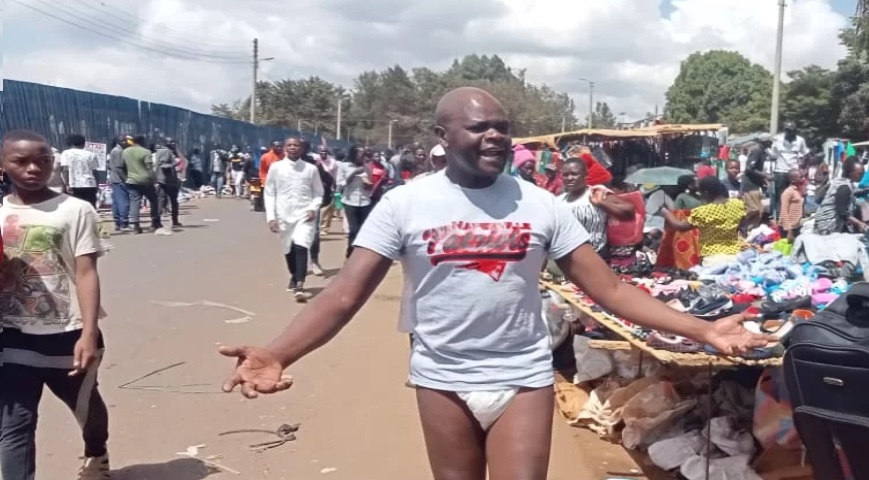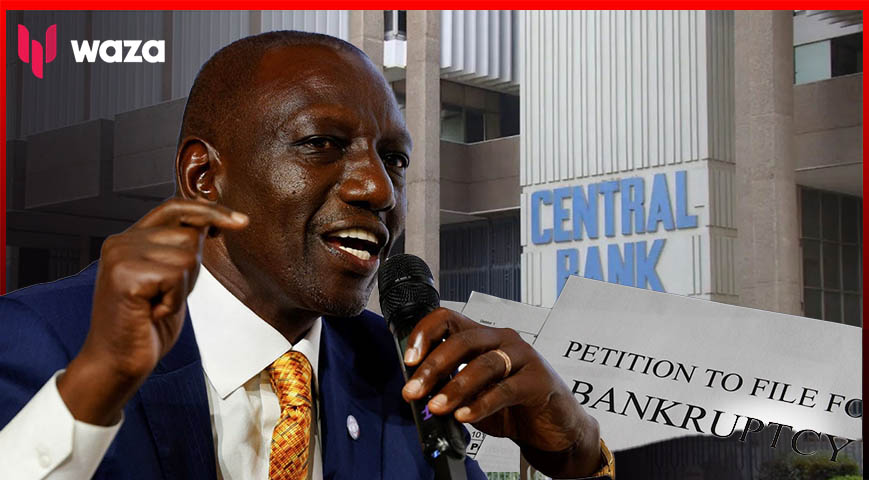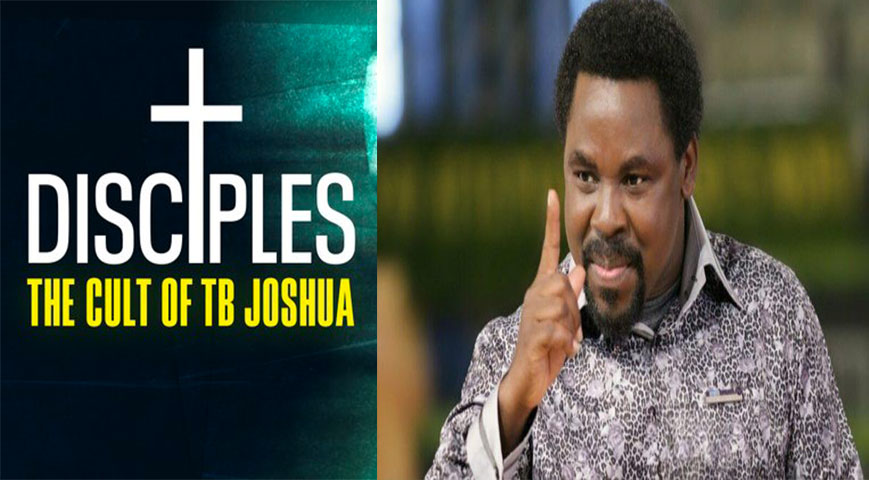Congo is the second largest country in Africa, with a population of over 95 million people. It is one of the wealthiest but poorest countries in the world due to its natural resources, but this has been more of a curse than a blessing because of the decades-long civil war.
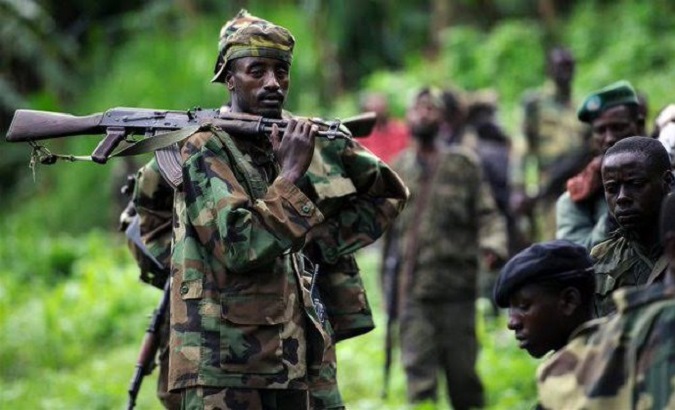
During the colonial period, king Leopold of Belgium ruled congo, and he later handed over the colony to the Belgian government. The Belgian government was more lenient than King Leopold, who tortured and brutally murdered the Congolese people.
In the early 1960s, Africa was going through decolonization, and the DRC achieved the long-awaited independence in 1960, but because a majority of the country needed to be educated and needed to learn how to govern the newly independent nation.
the reign of Mobutu Sese Seko
Did you read this?
After Congo gained independence from Belgium, Joseph Kasa-Vubu formed a coalition with patrice lumumba as the prime minister, the newly independent congo seemed to have a bright future ahead until mobutu sese seko came in between them and initiated a power struggle. Mobutu supported josephs reign.
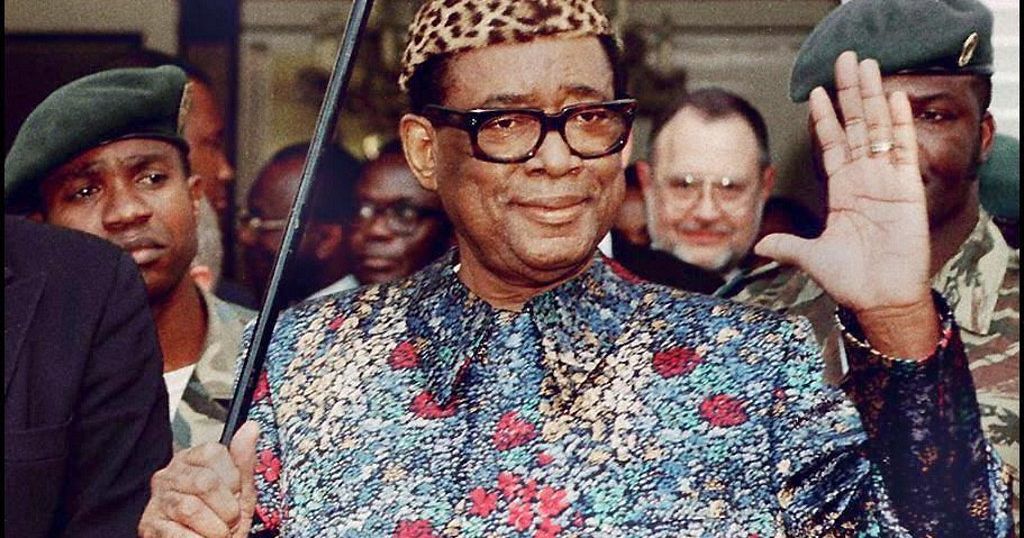
In 1960 mobutu seized power just as Lumumba rallied his forces to oust Kasavubu. Sese seko later handed power back to joseph and is believed to be behind the death of patrice lumumba. For his service, joseph Kasa-Vubu made mobutu sese seko the commander-in-chief of the armed forces. This action proved to be a mistake. Mobutu sese seko seized power from kasavabu in a coup.
As he continued to rule congo, mobutu became a dictator and faced opposition from numerous resistance groups that were mushrooming in the country. Despite his efforts to revamp the economy, the rampant corruption in his regime saw the economy decline to new lows while sese seko amassed an enormous wealth known to man.
Laurent-Désiré Kabila, Rwanda and congo's first war
Laurent-Désiré Kabila is the leader of the Alliance of Democratic Forces for the Liberation of Congo (ADFLC), a rebel group sponsored by Uganda and Rwanda. The group formed in an attempt to overthrow mobutu from power and operated along the eastern border that had been merged by violence following the Rwandan genocide.
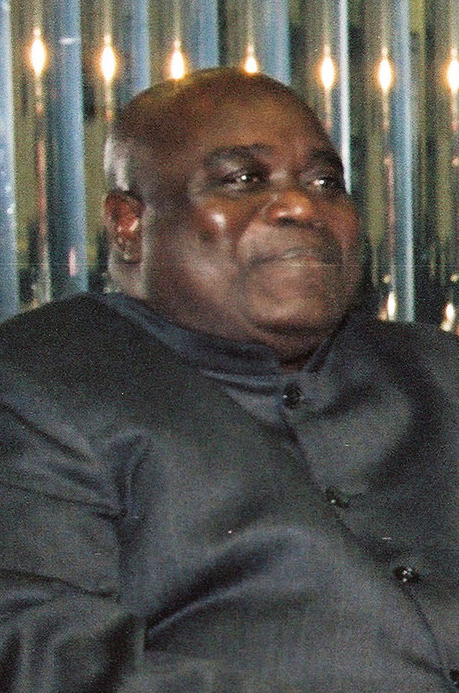
Rwanda invaded Congo in 1996 to squash rebel groups that had run to regroup in the central African country. Congo's first war started in 1967 and ended in 1997 after Kabila took power from mobutu in a coup.
Alliance of Democratic Forces for the Liberation of Congo (ADFLC), led by Kabila with the support of Rwanda and other foreign forces, took power after a coup in 1997. but Kabila's reign did not go as smoothly as was expected. He often found himself in the middle of trying to please his benefactors. Rwanda did not get a piece of the cake Kabila had promised them before he came into power.
To prevent a coup, Kabila decided to expel all foreign forces from the country. Kabila's former allies, Uganda and Rwanda, did not receive this well as they sponsored several armed groups, including Rally for Congolese Democracy (RCD) and the Movement for the Liberation of the Congo (MLC), in an attempt to overthrow Kabila. These events ignited the second congo war. The Rwandan Patriotic Army (RPA) based in the eastern part of congo in the kivu region fought a war that outlasted Kabila and continues to this day.
congo's second war
Congo's second war lasted from 1998 to 2003. ethnic mentions in the eastern part of the kivu region intensified after Kabila ordered the Rwandan military to leave the country. The instability in the country. Kabila was shot dead on the 16th of January 2001 at the palace by his bodyguard, a former child soldier known as Rashidi mizele. The story behind the assassination of Kabila and who stood to gain the most after his death is still a mystery.
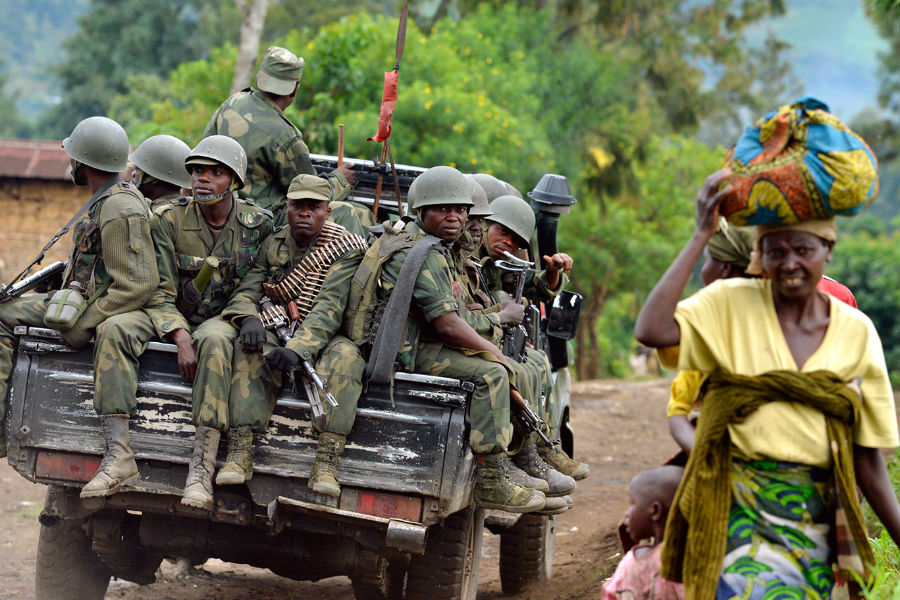
Shortly after the death of Kabila, his son Joseph Kabila took power. Like his father, his reign was not peaceful either, as internal militia supported by its neighbours continued to sink the country to its knees. Kabila stepped down in 2018, announcing that he would not be contesting for another term. This act led to the election of Tshisekedi Felix as the first-ever peacefully elected leader.
Eastern Congo, the north kivu conflict.
The United Nations Organization Stabilization Mission in the Democratic Republic of the Congo, or MONUSCO, has been unable to bring peace to the kivu region. Therefore, failing to raise its primary purpose, MONUSCO was formed after congo's second war to help bring peace to a country that has been in a civil war for decades.
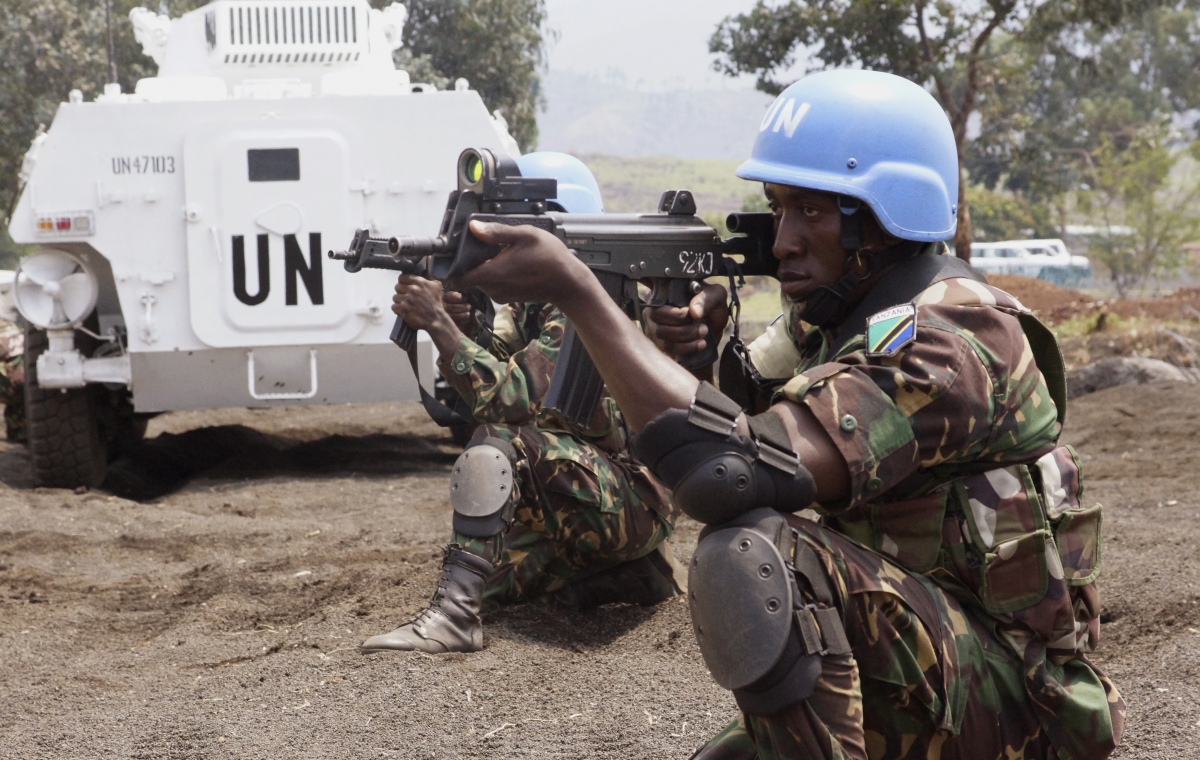
MONUSCO has been blamed for the growth of m23, also known as the Congolese Revolutionary Army group, when in 2012, they stood and watched the group take control of goma city, stating that their mission was only to protect civilians. The group resurfaced again in 2017 but had little local impact.in October 2022, the group launched several offences in the kivu region, leaving hundreds dead and forcing thousands of others to flee the country into the neighbouring nations of Uganda and Rwanda.
The m23 group controls significant roads leading into goma, cutting off primary supplies from Kenya and Uganda.
Rwanda and m23
DRC president Felix has blamed Rwanda for financially supporting the group's activities. This claim is endorsed by the European Union and most western nations. Rwanda has denied the allegations, saying they play no part in Congo's conflict. Tensions between the two countries have reached a polling point.
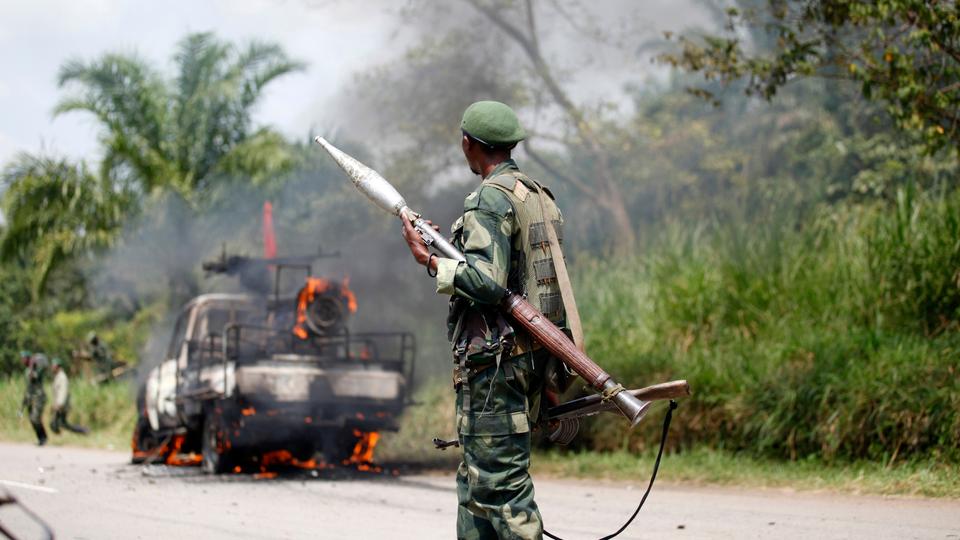
Cobalt, Tin, Tungsten, Tantalum, and Gold in eastern congo
the eastern part of congo is rich in minerals such as Tin, Tungsten, Tantalum, and Gold. These minerals are critical components in the manufacture of electronics, and many international companies want a piece of the product. The region is governed by several militias who mine and sell the minerals to foreign powers at meagre costs and without paying taxes. It is hard to know when and if the conflict will end.

